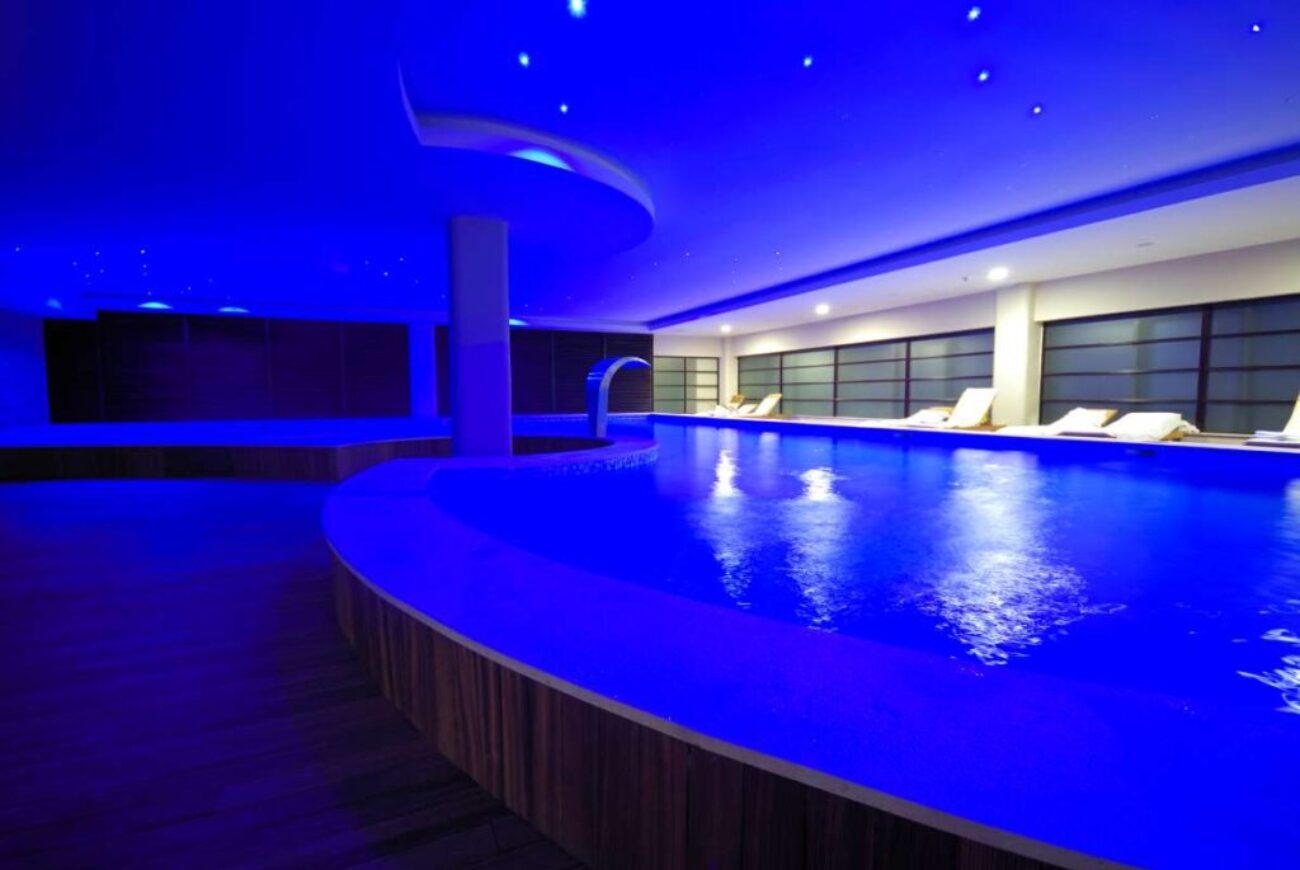DIY Pool Water Circulation Test (And Why It Matters)
Living in the sunny city of Jacksonville, FL, having a swimming pool is a fantastic way to enjoy the warm weather and relax with family and friends. However, to keep your pool safe and enjoyable, proper maintenance is essential, particularly when it comes to water circulation. In this post, we will discuss how to conduct a DIY pool water circulation test and explore why it matters so much for the health of your pool. Plus, if you ever find yourself needing professional assistance, the experts at Pool Service Jacksonville are only a call away!
Understanding Pool Water Circulation
Before diving into how to test your pool’s water circulation, it’s important to understand what pool water circulation is and why it’s crucial. Pool water circulation refers to the movement of water through your pool, from the skimmer and main drains to the pump and filter, and back to the pool. This process is vital for maintaining clean and clear water, as it helps distribute chemicals, remove debris, and prevent algae growth.
In Jacksonville, where temperatures can soar, stagnant water can become a breeding ground for bacteria and algae, which can pose health risks. Regular circulation ensures that water chemistry remains balanced and that your pool is safe and enjoyable.
Why Conduct a Water Circulation Test?
Conducting a water circulation test allows you to assess how effectively your pool’s water is moving. Poor circulation can lead to several issues, such as:
- Algae Growth: Insufficient circulation can cause algae to flourish, making your pool look uninviting.
- Chemical Imbalance: Without proper circulation, pool chemicals might not distribute evenly, leading to unsafe swimming conditions.
- Equipment Strain: Poor water flow can put extra strain on your pool equipment, leading to costly repairs.
By testing your pool’s circulation regularly, you can identify potential problems early and take corrective action. If you discover issues that require professional intervention, Pool Service Jacksonville offers expert solutions tailored to your needs.
How to Perform a DIY Pool Water Circulation Test
Now that you know why testing your pool’s circulation is important let’s get into the step-by-step process of conducting a DIY water circulation test.
Materials Needed
Before you get started, gather the following materials:
- Pool thermometer
- Measuring tape
- Notebook and pen
- Timer or stopwatch
Step-by-Step Instructions
Follow these steps to test your pool’s water circulation:
Step 1: Measure Water Temperature
Begin by measuring the temperature of the water at different points in the pool. Use a pool thermometer to check the temperature near the skimmer and the main drain. Record these temperatures in your notebook.
Step 2: Observe Water Movement
Next, observe the movement of water in the pool. Stand at the edge of the pool and watch for any areas where leaves or debris are accumulating. Take note of how quickly the skimmer pulls in water and how the return jets are operating. Ideally, water should circulate smoothly without stagnant areas.
Step 3: Time the Circulation
To get a better understanding of your pool’s circulation efficiency, use a timer to measure how long it takes for the water to circulate completely. You can do this by placing a floating item, like a small ball or a toy, in the pool. Start the timer when you place the item in the water, and stop it when the item returns to the same spot after going through the system. This will give you an idea of how well your circulation system is functioning.
Step 4: Evaluate Results
Compare the temperatures you recorded. If there’s a significant difference between the skimmer and the main drain temperatures, it could indicate poor circulation. Take notes on any observed issues such as debris accumulation or slow water movement, as these can indicate problems with your pump or filtration system.
Step 5: Take Action
If your test indicates that your pool water circulation is not functioning effectively, you may need to take action. It could be as simple as adjusting the return jets or cleaning out your skimmer and pump baskets. However, if you’re unsure or the issue persists, it’s advisable to seek professional help. The knowledgeable team at Pool Service Jacksonville can diagnose and resolve any circulation problems you might encounter.
The Benefits of Professional Pool Service
While conducting a DIY circulation test is helpful, ongoing maintenance is key to a healthy pool. Here’s how a professional pool service can help:
Comprehensive Cleaning
At Pool Service Jacksonville, our weekly full-service includes scrubbing tiles along the waterline, cleaning the bottom of the pool, and meticulously brushing the walls. This thorough cleaning helps prevent algae growth and keeps your pool looking its best.
Chemical Testing and Balancing
One of the most critical aspects of pool maintenance is ensuring that water chemicals are correctly tested and balanced. Our team performs a thorough testing process to maintain safe and healthy water conditions, adapting the chemical balance according to the Langelier Saturation Index (LSI). This ensures your swimming environment is always safe.
Expertise and Experience
Our certified professionals are passionate about pool care and dedicated to providing top-notch service. With extensive experience in the field, we can identify and resolve potential issues that may not be visible to the average pool owner. This peace of mind allows you to enjoy your pool without worry.
Limited-Time Offer
To help you get started with your pool maintenance, we’re currently offering a 50% discount on your first month of cleaning services! Call us now at 904-643-3710 to take advantage of this incredible opportunity and keep your pool sparkling clean and ready for fun.
Frequently Asked Questions
As you embark on your pool care journey, you may have some questions. Here are a few common inquiries we receive:
How often should I clean my pool?
For screened pools, we recommend cleaning every other week; for unscreened pools, weekly cleaning is ideal to prevent buildup and maintain clear water.
What types of filters do you service?
We service all types of filters, including sand, cartridge, and DE filters, providing backwashing, cleaning, and media replacement as necessary.
Do you offer services for saltwater pools?
Yes, we provide comprehensive services for saltwater pools, including salt cell cleaning and water balance adjustments.
How do you ensure water quality?
We utilize a seven-point water testing process to ensure your pool stays balanced, making adjustments based on our findings.
Is professional pool cleaning worth it?
Absolutely! Professional cleaning ensures that your pool is clean, safe, and well-maintained, extending the life of your equipment and saving you money on repairs.
Conclusion
Maintaining proper water circulation in your pool is an essential task that can enhance the enjoyment and safety of your swimming environment. By performing a DIY circulation test, you can identify potential issues early on and take the necessary steps to keep your pool in top condition. For any challenges you can’t tackle alone, remember that Pool Service Jacksonville is here to provide expert assistance.
Ready to transform your pool into a pristine paradise? Contact us today and discover the difference professional pool cleaning can make. Call 904-643-3710 and let us take care of all your pool maintenance needs!



